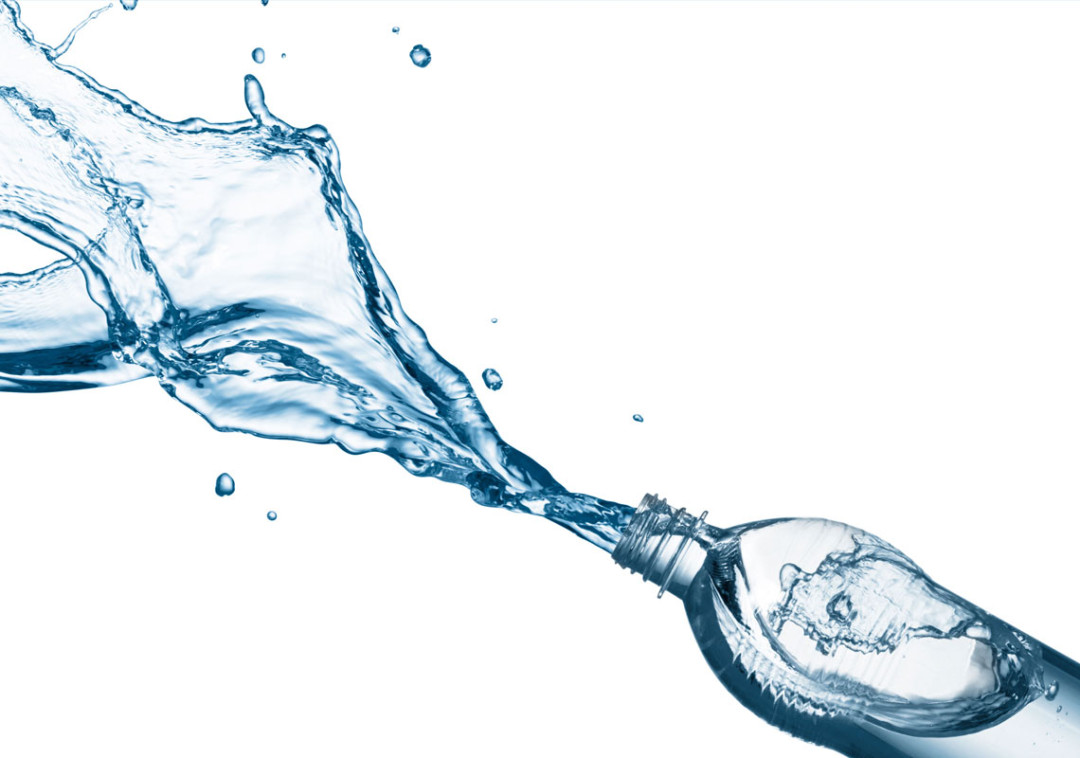Mythbusters: Is alcohol cheaper than bottled water?

University of Otago research claiming that some alcohol in New Zealand is more affordable than bottled water attracted an avalanche of publicity in October last year. It made the front page of the New Zealand Herald, and appeared in international news outlets from Asia to Latin America. Yet almost as soon as this research was announced, it came under attack from certain quarters. Could alcohol really be cheaper than bottled water in the Land of the Long White Cloud?
The research in question focused primarily on evaluating trends in alcohol affordability over time. Using price data collected by Statistics New Zealand for the Consumer Price Index (CPI) and average hourly earnings from the New Zealand Income Survey, the authors demonstrated that alcohol has clearly become more affordable over the past decade. Next, they looked specifically at the price of discounted alcohol and compared this with the price of bottled water. Startlingly, some alcohol was found to be cheaper than bottled water.
Those refuting the finding point out that the study did not compare equal volumes of alcohol and water. But attempting to draw meaningful comparisions on the basis of volume is problematic because alcohol comes in a great many types of strengths. While the alcohol strength of beer typically ranges between 3.5 and 5 percent, most wine ranges between 11 and 14 percent, while some spirits can exceed 45 percent. Alcohol can also be consumed in various ways: spirits are frequently diluted with non-aloholic mixers while wine and beer are consumed straight.
This is why best practice when quantifying alcohol is to use the concept of a standard drink. One standard drink contains 10g of alcohol and is the amount of alcohol found in an average 330ml can of beer, a 100ml glass of wine or 30ml of straight spirits. When measuring alcohol, it is the number of standard drinks, not the amount of liquid that matters.
Using a website that documents discounts on alcohol at outlets throughout New Zealand (www.lips.co.nz), the researchers found that 3 litres of white cask wine at 11.5 percent alcohol could be brought for $16.99, which works out at 62 cents per standard drink. Likewise, 12 330ml bottles of beer at 5 percent was selling for $9.99, which works out at 64 cents per standard drink. A litre of spirits at 40 percent could be brought for $25.00, equivalent to 78 cents per standard drink.
These prices were then compared with the price of 250ml of bottled water using the average CPI data - 67 cents. This volume was selected because it is a standard serving size for non-alcoholic beverages and equivalent to a typical drinking glass.
At 62 cents per standard drink (cask wine) and 64 cents per standard drink (beer), some discounted alcohol is indeed cheaper than bottled water. Mythbusters visited the website www.lips.co.nz on several occasions and was always able to find discounts equal to (or better) than those identified by the researchers.
Whilst the media may have sensationalised their findings, the researchers themselves were explicit about their results. "Some alcohol is more affordable than bottled water."
This is undeniable and a conclusion reached on the basis of robust methodology and data. Importantly, the authors never claimed that all alcohol is cheaper than all bottled water.
The notion that price comparisons between alcohol and water should have been done on a volumetric basis is fundamentally flawed. Nonetheless, some alcohol is cheaper than bottled water even on a ml for ml basis.
As Sir Geoffrey Palmer noted, "A can of beer or an RTD can be brought for 1 or 2 dollars in many retail outlets. This is less than we pay for bottled water."
A quick browse at a nearby discount liquor store was all it took to prove that he, too, is absolutely correct.
Reference
Gunasekara Fl, Wilson N. Very cheap drinking in New Zealand: some alcohol is more affordable than bottled water and nearly as cheap as milk. NZMJ 15 October, Vol 123 No 1324:97-101.
Recent news

Untreated ADHD leading to addiction and drug harm
A new report shows New Zealand’s failure to adequately diagnose and treat ADHD is likely leading to significant drug harm, including from alcohol and nicotine.

Report: Neurodivergence and substance use
Our latest report pulls together international evidence and local experiences of how neurodivergence impacts drug use

What researchers at University of Auckland are learning from giving people microdoses of LSD
‘Microdosing’ psychedelics involves taking small, repeated doses of a psychedelic drug. Researcher Robin Murphy talks us through the latest Auckland University microdosing study.

